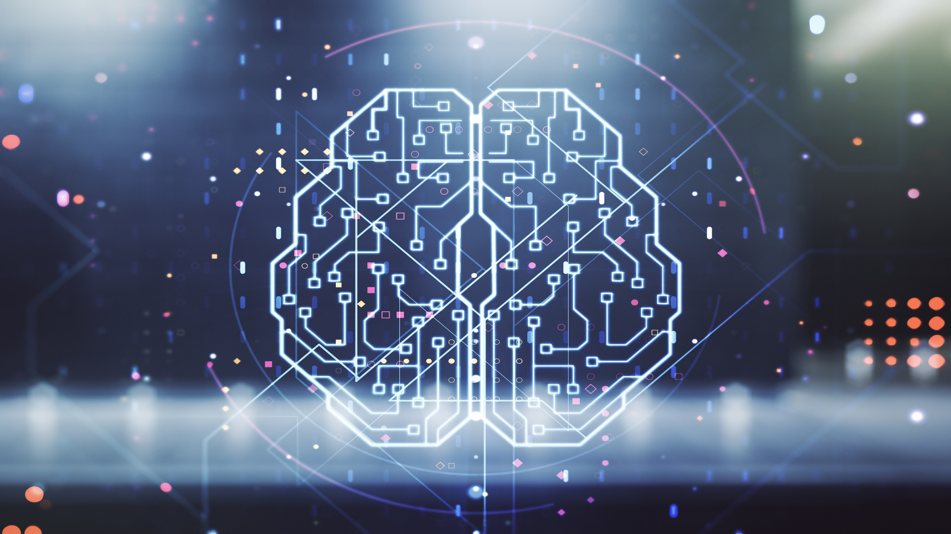Samsung SDS's Paper on Reinforcement Learning Optimization Adopted by NeurIPS for Three Consecutive Years


+ Demonstrated research outcome of reinforced learning for optimized combination
+ Ranked 3rd globally in the machine learning competition organized by NeurIPS
+ Eleven of Samsung SDS's papers published by globally prestigious societies in 2022
Samsung SDS has demonstrated its technological power in artificial intelligence by publishing papers in the world's most prestigious artificial intelligence society, Neural Information Processing Systems (NeurIPS), for three consecutive years.
NeurIPS is the world’s largest and most renowned academic society in the field of artificial intelligence and machine learning. It is famous for its strict standards of selectively publishing only the top 25% of the papers in the field. In addition, the research papers published by the society have a very strong technological influence.
Samsung SDS's paper published this year titled "Simulation-guided Beam Search for Neural Combinatorial Optimization" drew attention with reinforcement learning, which enables a neural network to learn the optimum problem-solving method on its own. This technology rapidly and accurately find optimum answer in various problems that may occur in industrial sites, such as cloud computing resource (GPU) allocation and process optimization in manufacturing and logistics fields.
Using this technology, Samsung SDS joined the NeurIPS 2022 Vehicle Routing Competition and placed third among 54 global companies and universities.
The ranking in the contest is determined by how rapidly and accurately solvers find the optimum route for delivering ordered products to customers when diverse variables and constraints exist.
Samsung SDS also won the Jury Prize at the competition, which is awarded to the team that address problems in the most innovative and effective way by leveraging AI technologies.
This year, Samsung SDS published a total of 11 papers in prestigious global societies, including NeurIPS.
For instance, the Empirical Methods in Natural Language Processing (EMNLP) 2022, the global language processing society, published Samsung SDS's paper on optimizing language models by leveraging meta-learning*.
* Meta-learning is an artificial intelligence system to learn the learning process itself so that it can learn on its own with only given data.
In addition, International Conference on Pattern Recognition (ICPR) 2022, a renowned conference in computer vision, adopted two of Samsung SDS's papers on image classification and automated document classification based on self-supervised learning*.
* Self-supervised learning is an AI technology that finds and analyzes rules by itself with minimum data. It recognizes subjects and gives meaning without human guidance.
Young-june Gwon, Executive Vice President and Leader of Technology Research at Samsung SDS, said, "This achievement is the outcome of Samsung SDS's efforts in advancing research in the mid and long term. We will continue to actively invest in R&D to upgrade technology and expand its use in industrial settings."
[Reference] List of Published Samsung SDS Papers in 2022
1. [NeurIPS] Simulation-guided Beam Search for Neural Combinatorial Optimization
Jinho Choo, Yeong-Dae Kwon, Jihoon Kim, Jeongwoo Jae, André Hottung, Kevin Tierney, Youngjune Gwon
2. [SIGKDD] SOS: Score-based Oversampling Minor Classes for Tabular Data
Sewon Park, Minjung Kim, Jihoon Cho
3. [SAC 22] Improved Circuit-based PSI via Equality Preserving Compression
Yongha Son, Kyoohyung Han, Dukjae Moon
4. [ICPR] ContraCluster: Learning to Classify without Labels by Contrastive Self-Supervision and Prototype-Based Semi-Supervision
Seongho Joe, Byoungjip Kim, Hoyoung Kang, Bogun Kim, Jaeseon Park, Joonseok Lee, Youngjune Gwon
5. [ICPR] Shuffle & Divide: Contrastive Learning for Long Text
Joonseok Lee, Seongho Joe, Kyoungwon Park, Bogun Kim, Hoyoung Kang, Jaeseon Park, Youngjune Gwon
6. [NAACL 2022] LEA: Meta Knowledge-Driven Self-Attentive Document Embedding for Few-Shot Text Classification
S. K. Hong, Tae Young Jang
7. [Computers & Industrial Engineering] Mixup-based classification of mixed-type defect patterns in wafer bin maps
Wooksoo Shin, Hyungu Kahng (NYU), Seoung Bum Kim (Korea University)
8. [Computer-Aided Design] Topology for Substrate Routing in Semiconductor Package Design
Rak-Kyeong Seong, Jaeho Yang, Sang-hoon Han * Submitted in 2021
9. [EMNLP] AMAL: Meta Knowledge-Driven Few-Shot Adapter Learning
S. K. Hong, Tae Young Jang
10. [Neurocomputing] Unsupervised Domain Adaptation Based on the Predictive Uncertainty of Models
JoonHo Lee, Gyemin Lee (Professor at Seoul National University of Science and Technology)
11. [ECIR] Is Cross-modal Information Retrieval Possible without Training?
Hyunjin Choi, Hyunjae Lee, Seongho Joe, Youngjune Gwon